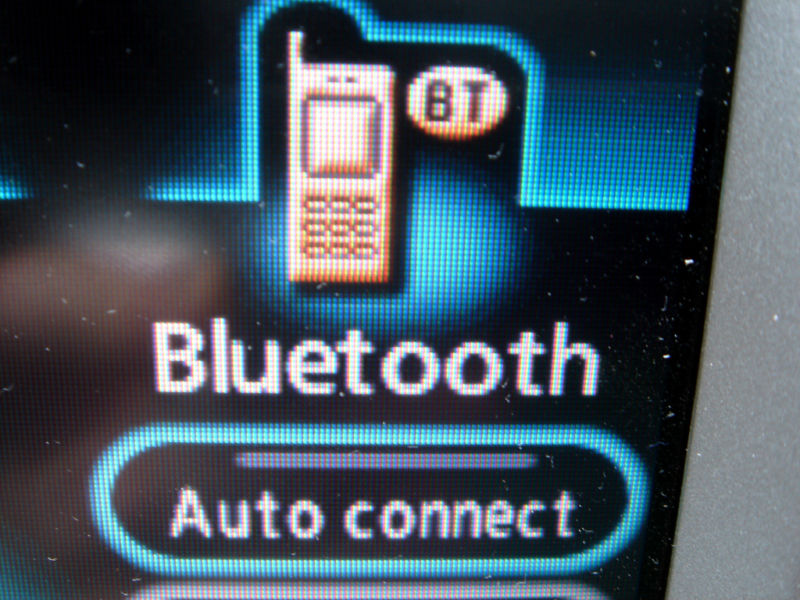Concerned about connected car privacy? Bluetooth sensors used to track traffic
Bluetooth signals from cars provide an accurate record of real-time traffic patterns.
JONATHAN M. GITLIN

Enlarge / Who needs connected cars when almost all of us drive around emitting Bluetooth signals?
One big promise of the connected car revolution has been the potential to help clear up traffic problems. When every vehicle and traffic signal is connected to the cloud, municipalities and local governments should be able to have a constant view of the traffic on their streets, aware of any problems almost instantly. The catch? It's going to take a long time before there are sufficient vehicle-to-infrastructure (V2I) or even vehicle-to-vehicle (V2V)-equipped cars on our roads. But the city of Aarhus in Denmark has shown you don't need to wait for V2x to finally penetrate the market to start doing that; all you need are outdoor Bluetooth sensors.
For some time, Aarhus has been using Bluetooth sensors to collect traffic pattern information. As people drive around, emitting Bluetooth signals, the sensors log their movements around the city. In doing so, their traffic patterns can flag and reveal problems that the city needs to fix.
In addition to Aarhus, this kind of system is being used in cities in a number of European countries, as well as Thailand and Canada. It's also helping control traffic at JFK and San Diego airports. Blip Systems
"The benefits we have gained from the solution since implementation are very significant. We now discover errors and irregularities that we would not have a chance to see otherwise. In addition, it is extremely educational and easily accessible to study how the incidents of various kinds influence the road network," says Asbjørn Halskov-Sørensen, ITS Project Manager at Aarhus Municipality. "Ultimately, the data contributes to an improved economy and a better environment through reduced driving times and fuel consumption, and thus reductions in greenhouse gas emissions from vehicles.”
Drivers waiting longer than normal at a particular intersection, or traffic flows that are outside of normal patterns, can highlight issues that need addressing—a timing pattern that needs changing or malfunctioning equipment, for example.
The sensors—made by a company called Blip Systems—are also being used in cities in the UK, Ireland, Sweden, Norway, Switzerland, Canada, and Thailand, as well as several international airports including New York (JFK) and San Diego (SAN).
Their presence should also add some perspective to connected car privacy concerns. Anyone determined to stick with a traditional unconnected car for as long as possible to avoid the prying digital eyes of their local government would do well to remember to disable any Bluetooth devices before getting behind the wheel as an extra precaution. (And that's before we mention Automatic Number Plate Readers.)
No comments:
Post a Comment